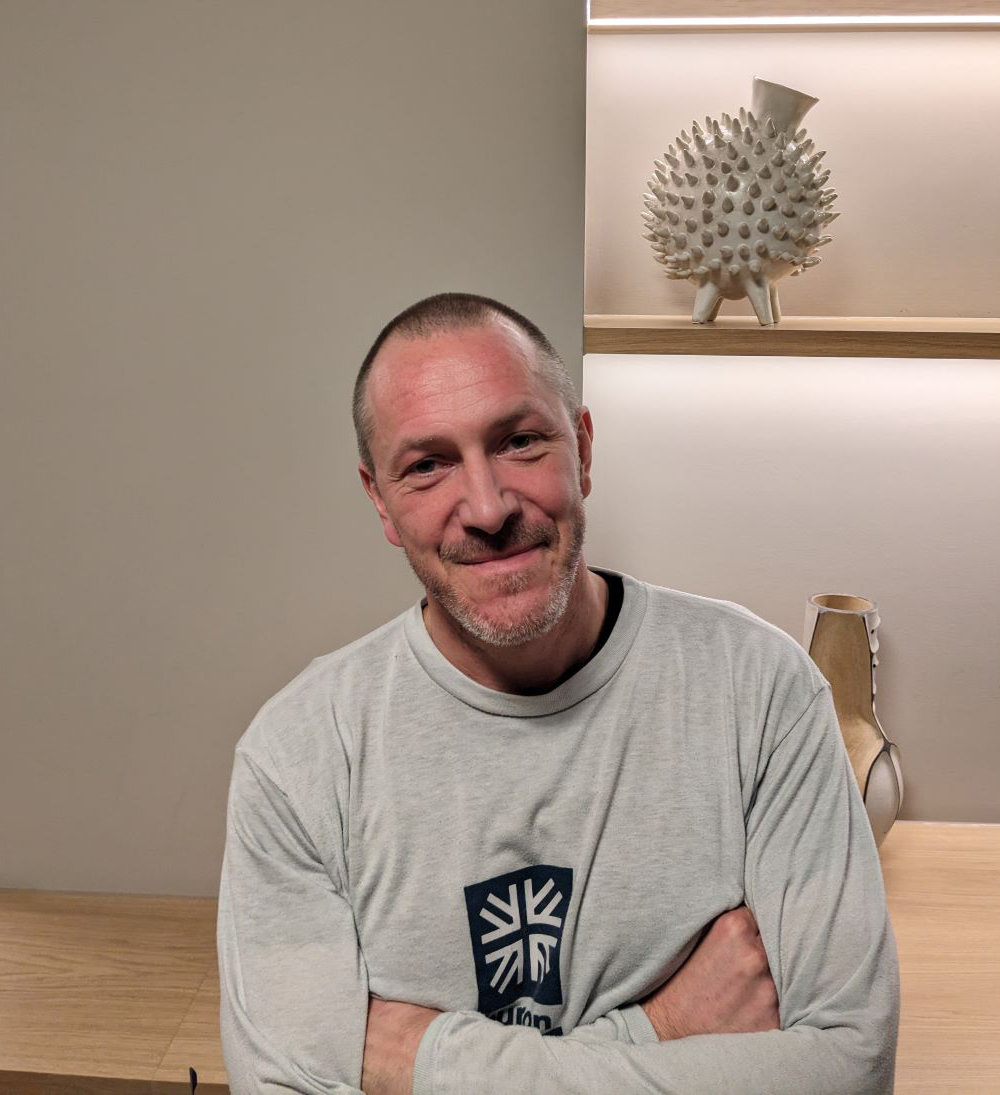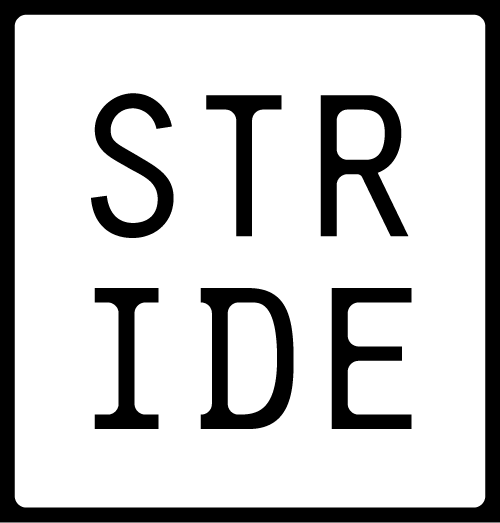
|
Runner Interview |
Can you give a brief introduction about yourself?
I am Fred Destin, I have been in venture capital for over 20 years, and I still love it as it is a real privilege to be in the room with founders. I am also the founder of Stride which is a small boutique, artisan venture fund which I started 5 years ago.
How did you get started in the field of investment?
I got into investment in the years of the bubble, which meant that all you had to do was show up. So this would have been 1999. I joined an incubator which went up and down the hype curve at the speed of light, and I found out that I absolutely loved it. I never looked back and never thought about Monday morning ever again.
What industries or sectors do you typically focus on for investment?
We focus exclusively on how humans interact with technology, so we don’t do climate, we don’t do energy. Within that we are completely anti-thematic because we find that founders are much better at finding white spaces than we are, and we are continuously surprised by the weird and wonderful ideas that they come up with.
What's your investment philosophy?
I don’t have an investment philosophy, I go back to first principles. I try to clear my mind with every founder that I meet. If I have a philosophy it is that I only invest in things I feel deeply passionate about, and where I am willing to take the leap of faith to take the ten year journey. I need to feel like the people I am partnering with and myself are aligned on what it’s going to take.
Have you ever made an investment or formed a partnership through a networking event like Seed Run?
I don’t know the answer to that question. I think the way you find companies is completely unpredictable. What you are doing is building a base of people that appreciate you, want to recommend you, have connected with you and then over the years this compounds and that’s where gradually, if you build your reputation, you start getting interesting inbound opportunities. I can not pinpoint specific opportunities to specific events.
What trends in the startup world are you most excited about?
I think asking venture capitals about trends in the startup world gets you the most boring answers possible because we all tend to normalise our thinking in the same way. I am excited to think about next generation interfaces or ways that we interact with technology because I can not believe that the current state of this little pane of glass, filled with apps, is the be all and end all of how we can experience software.
Can you walk us through your due diligence process?
We invest at Seed, so I am looking for unique insights into problems that are fundamentally interesting enough in companies that offer some form of uncapped upside and where the business mechanics, even though they may not be identified today, the nature of the business mechanics makes sense to me so that we can actually scale it. The due diligence process is extremely variable depending on what we are looking at. Sometimes we will go and talk to five clients and five prospective clients, and sometimes we do no due diligence at all because either the people and the idea are sufficient, or too early for us to really do anything. It’s really down to each partner sponsoring the investment or the project determining what they need and how deep they want to go.
What’s a deal-breaker for you when evaluating a startup?
The most common deal breaker tends to be ideas that do not present some form of glimmer of greatness or uncapped upside. In other words, I can not paint a picture in my head where a company either dominates a market or leads to some kind of multi-billion dollar outcome under scenarios that may not be probable, but at least are possible.
FRED WILSON HAS CEREAL BOXES IN HIS BOARD ROOM TO REMIND HIM OF THE TIME THEY PASSED ON THE AIRBNB FOUNDERS, AND THAT THE PEOPLE ARE MORE IMPORTANT THAN THE CURRENT ITERATION OF AN IDEA. WHAT MISTAKES HAVE YOU MADE?
The commonality in the mistakes that I have made usually has to do with understanding how founders behave in a crisis or in tough environments. It’s rarely around the thesis. Every time I have made a mistake it is because I did not spend enough time with the founder, and probably did not dig into, let’s call it their shadow. In other words, how they will behave under duress, how much self awareness they have, how much learning capability they have. I think there is a strong correlation between me getting over excited about someone, and not pausing to really consider them 360.
What advice would you give to startups looking to attract investment?
I think that a lot of founders along the way lose the original narrative that made them special. This sort of gets formatted into this generalised advice on how to approach VCs. The reality of the business is that it is still a connection between two human beings, one of which decides to believe in the other one or the other ones, and to embark on a journey with them. I think we get bogged down into methodologies and what you have to put in your pitch deck, and forget that fundamentally, especially at Seed, it is a bond between two people to say “I'll back you” and “I’ll take care of your money”.
How can we improve Seed Run?
There is no improving Seed Run, it is absolutely perfect as it is!
Sign in To ask a question


